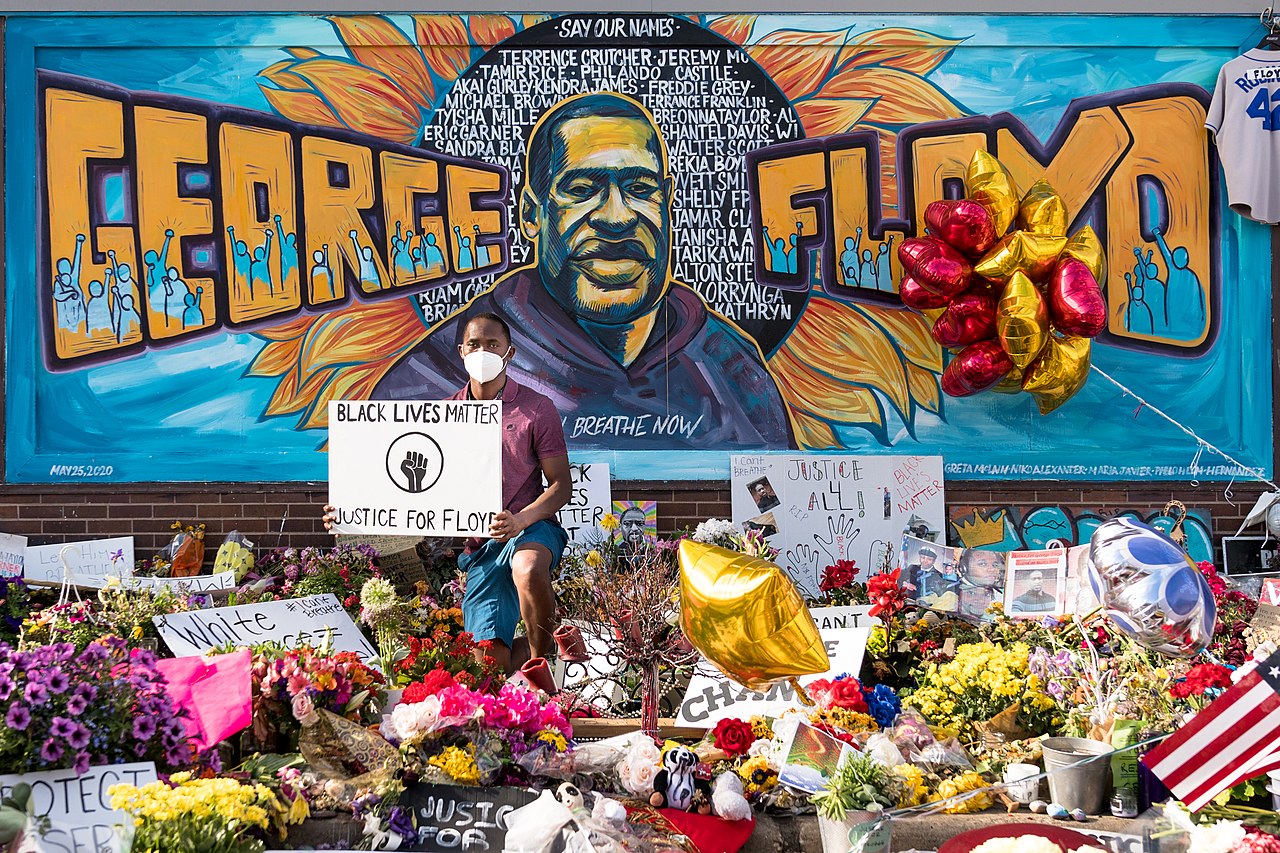I don’t think there’s anyone better to explain to Rod Dreher where he went wrong in his recent posts about the death of George Floyd than Rod Dreher. When I wrote to him (Update #8 in that linked post), I said that it felt like parts of his blog weren’t speaking to each other.
Login to read more
Sign in or create a free account to access Subscriber-only content.
